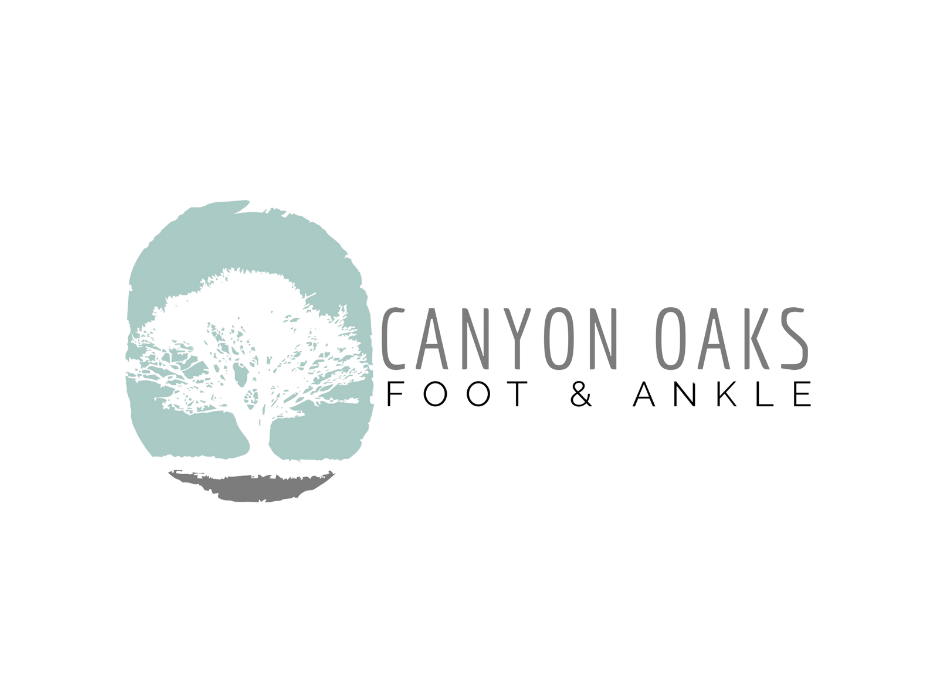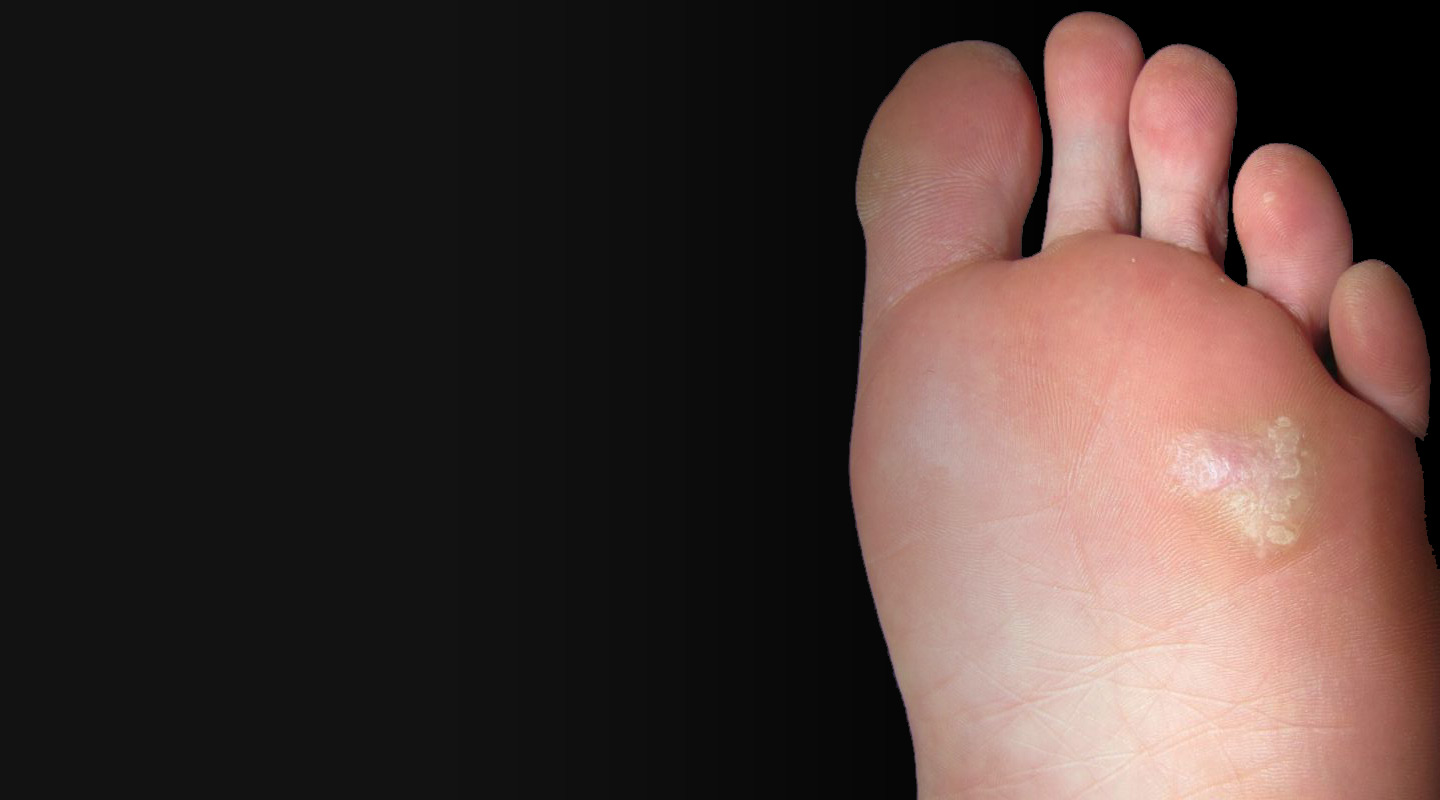What are Plantar Warts?
Plantar warts are small warts that grow on the plantar surface of the foot. They are quite common in young children, teenagers, and the elderly. They’re caused by the Papillomaviridae virus and enter your body through small cuts or tears on the bottom of your feet.
These warts can develop anywhere on your foot but tend to grow in areas that are prone to friction or pressure. There two types of plantar warts:
Solitary: This is a single wart. It can vary in size, but may occasionally multiply to form a cluster of warts.
Mosaic: These are a cluster of warts growing in an area. These types of warts are more difficult to treat than solitary.
While most plantar warts will go away on their own, we encourage you to see our podiatrists at Canyon Oaks Foot and Ankle to seek treatment.
Symptoms of Plantar Warts
Symptoms include:
- Painful, thickened areas of the sole
- Thickened skin that appears similar to a callus
- Pain when walking and standing
- Warty lesions on the skin
- Black pinpoints, which are tiny clotted blood vessels within the skin
Be sure to see a doctor if these lesions begin to bleed or change color. If left untreated, the pain can cause your gait to change, resulting in muscle and joint discomfort.

Causes of Plantar Warts
These types of warts are generally caused by direct contact with the HPV virus. HPV is quite common and can cause warts on other areas of the body as well.
However, not each person who comes in contact with the virus will develop warts. Open cuts on the feet, along with a weakened immune system, can result in the growth of warts.
These warts can be contagious and easily spread from person to person. The virus tends to thrive in warm and dark places, such as communal showers or swimming pools.
Prevention
- Do your best to avoid contact with any warts, even your own.
- Make sure to wash your hands after touching your warts.
- Avoid walking barefoot in areas that are prone to bacteria like locker rooms or the area around swimming pools.
- Regularly change your shoes and socks, and keep them clean and dry.
- Do not share socks and shoes with others.
Canyon Oaks Podiatry Can Help
Please complete the form below, and our office will be in touch with you within one business day.

